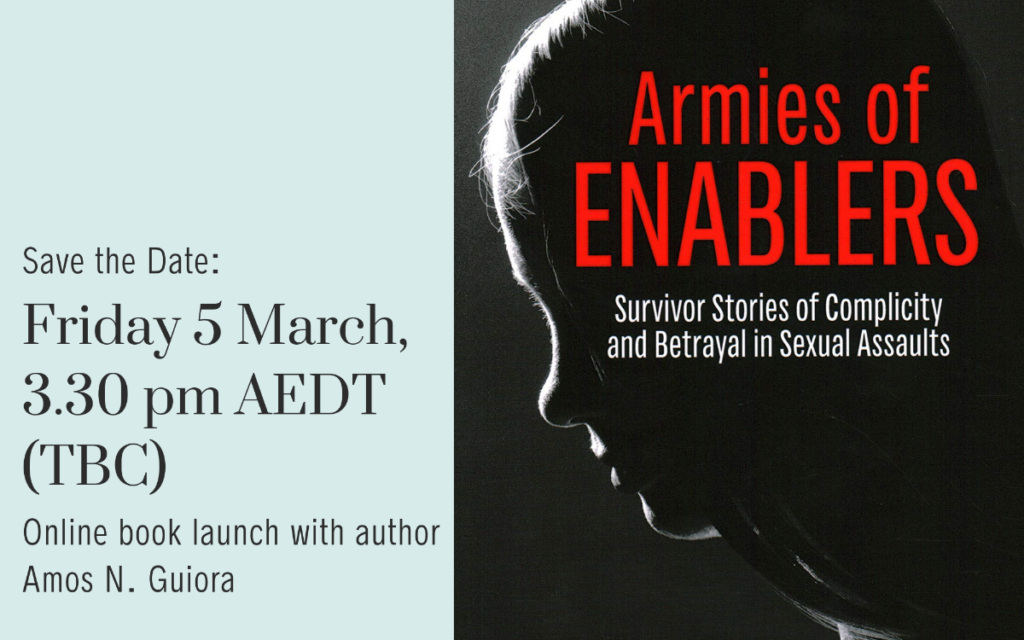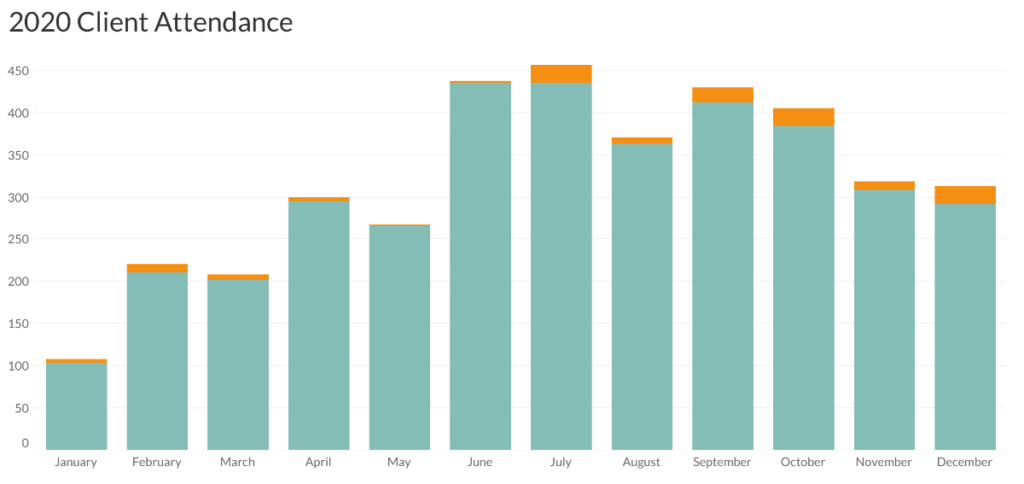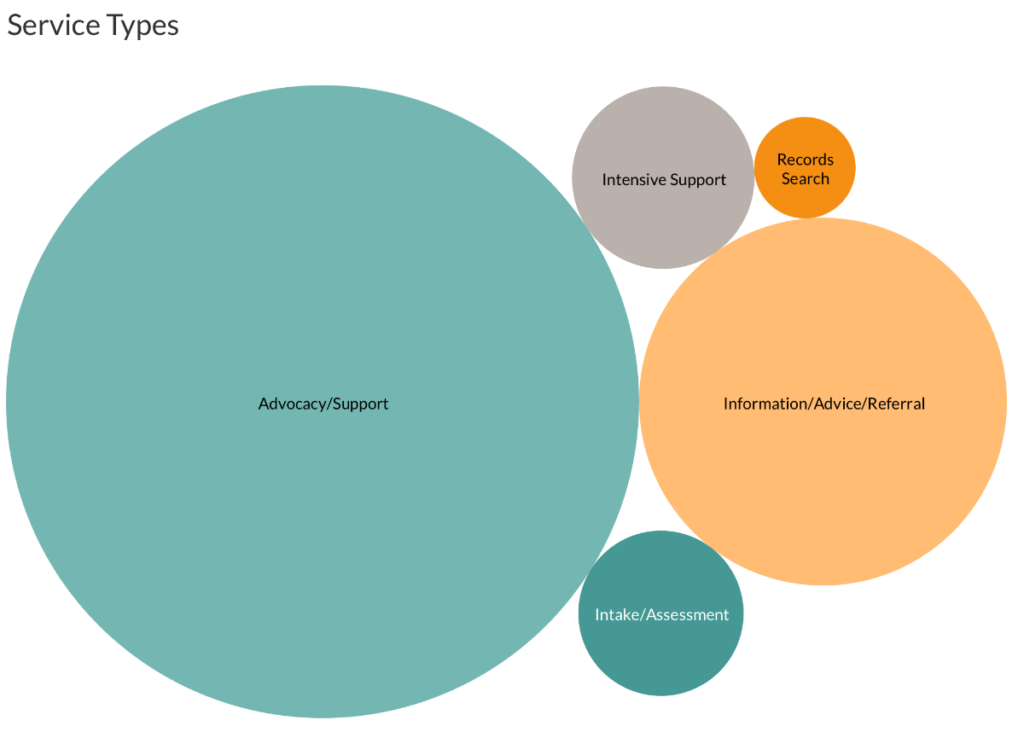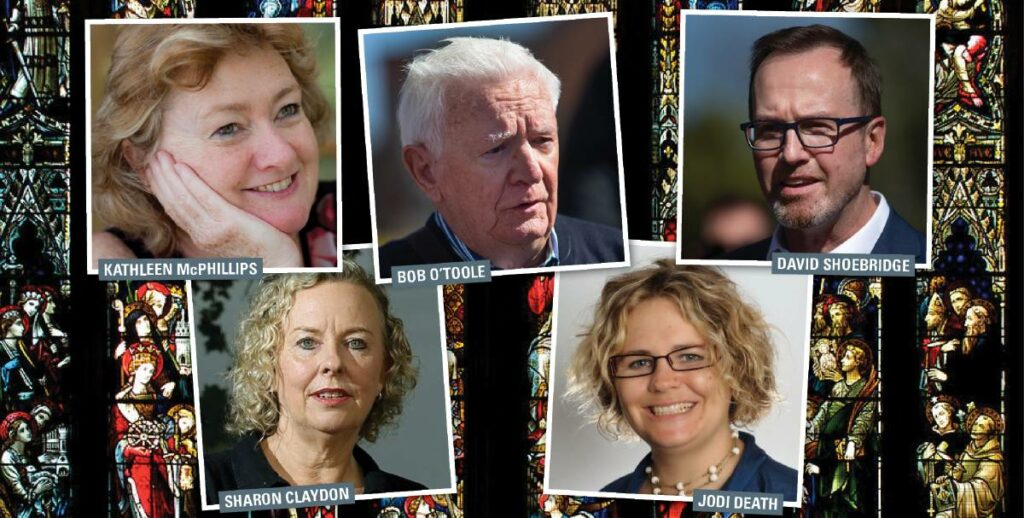A message from our CEO, and reflections on the past twelve months
While this may be a phrase that many of us had looked forward to saying last year it is only fair that we temper some of our relief with quiet caution.
Indeed, many of the challenges that were with us in 2020 (including a global health pandemic) will continue to test us in 2021.
That is not to say that we do not have reason to celebrate and look forward with hope. IGFF is incredibly proud of our community and the readily demonstrated adaptability and resilience that saw us through the hardships of 2020.
Survivors, families and all those impacted by institutional abuse saw great benefit in sharing – prioritising the community spirit that is a defining feature of individuals living with a shared trauma.
And so while COVID-19 is likely to remain with us for some time to come, the commitment of myself and the staff at IGFF is unwavering – ours is a community deserving of help to reach health and retain hope.
Clare Leaney
CEO
In Good Faith Foundation
Save the Date: Armies of Enablers Book Launch
On Friday 5 March at 3.30 pm AEDT (TBC), IGFF will be holding an online book launch for Armies of Enablers: Survivor Stories of Complicity and Betrayal in Sexual Assaults by Professor Amos Guiora.
Through a series of interviews, centring the voices of Survivors, Professor Guoira’s book discusses how we can better respond to the ‘armies of enablers’ that allow abuse to be perpetrated. He considers cases from the USA Gymnastics team, Michigan State University, Penn State University, The Ohio State University and the Catholic Church.
If you want to find out more about his work, we recommend reading this recent interview, or tuning in to recordings of last weekend’s Armies of Enablers Conference.
Some Reflections on 2020
Since March last year, IGFF has seen an astronomical rise in the number of new clients coming forward for support and advocacy.
As covered by ABC reporter Dana Morse, the 257 per cent rise in people contacting us for service was largely catalysed by COVID-19 compounding historical trauma.
We have seen a corresponding rise in the number of sessions people require, as many are coming forward to disclose and report their experiences for the first time. Clients are now coming in for around 15 sessions before they are able to consider entering a justice or redress process, or making a disclosure to their family members.
The ABC segment on the rise in demand for support services due to COVID-19, including an interview with IGFF CEO Clare Leaney
These statistics mirror our growth in service provision. Last year, IGFF’s expansion of frontline support services marked a leap forward for the organisation in terms of what kinds of services we could provide. Below we have collated some key data from our Casework team.
Client attendance at sessions, with support persons represented in orange
The key kinds of services provided in Casework sessions
In Recent News…
National Redress Scheme Update
As Kenja Communication, Fairbridge Restored Limited and the Jehovah’s Witnesses continue to refuse to sign onto the National Redress Scheme, they are losing their eligibility for government grants and may lose their charitable status.
This month, it was revealed that Australian Indigenous Ministries – the organisation responsible for the infamous Retta Dixon Home in Darwin – will not be able to join the Scheme. Without enough money to fund redress payments, or another body stepping in as a funder of last resort, Survivors from the institution seeking redress risk being left in limbo.
As Stolen Generations Survivor Frank Spry reflects in this interview, there is hope that a solution will be found – so that his own, and other applications can be processed:
Own what happened to these little children, to us, in this institution.
Mapping Clerical Crime Across the Maitland-Newcastle Catholic Diocese
Sociologists and criminologists from Newcastle University and the Queensland University of Technology have started a research project that will analyse the movements of Catholic figures around New South Wales, similar to research published last year that revealed an alleged 16 child abuse networks within the Melbourne and Ballarat dioceses.
The report will map abuse networks across the Maitland-Newcastle Catholic diocese. By examining networks and clusters of abuse, the researchers will work with the Clergy Abused Network to see how they can support Survivors’ testimony and experiences.
Congratulations to Grace Tame, 2021 Australian of the Year
On behalf of Survivors of institutional abuse, IGFF would like to congratulate 2021 Australian of the Year, Grace Tame.
Grace has been a fearless advocate for justice for Survivors of sexual abuse and has been pivotal in protecting their stories.
In the coming 12 months, we are certain that Ms Tame will use this platform and recognition to continue her work standing up for Survivors, advocating for greater consistency across state jurisdictions and helping to destigmatise the experiences of Survivors. As she reflected in her acceptance speech:
This year and beyond my focus is on empowering Survivors and education as a primary means of prevention.
It starts with conversation.
We’re all welcome at this table. Communication breeds understanding and understanding is the foundation of progress.
Lived experience informs structural and social change.
When we share, we heal.
Yes, discussion of child sexual abuse is uncomfortable. But nothing is more uncomfortable than the abuse itself. So let us redirect this discomfort to where it belongs: at the feet of perpetrators of these crimes.
Yesterday’s award reinforced that Australia is one step closer to standing shoulder-to-shoulder with Survivors and laying sole responsibility for abuse at the feet of the perpetrator.
Congratulations again Grace, your voice and our collective mission still have much to achieve, but today our journey towards justice has a clearer path.

Find out more
If you have any more questions about what we’ve been up to, how we can support Survivors, or any of our services, you can leave a message for us to call back at (03) 9940 1533 or email igff@igff.org.au.




